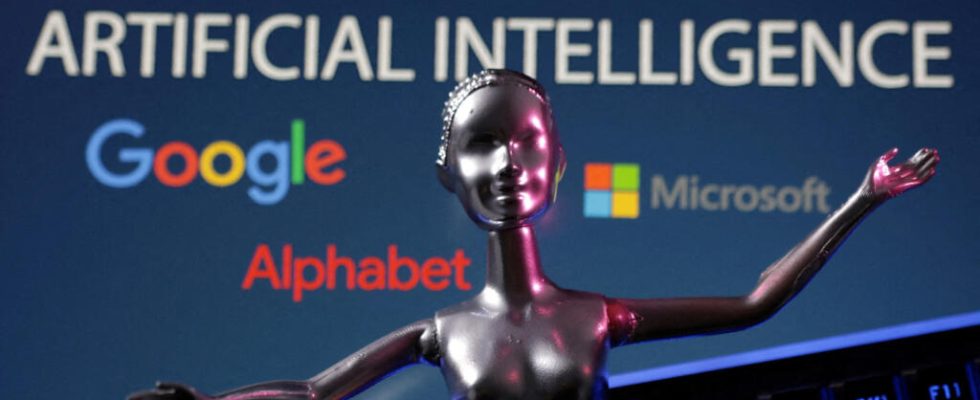The European Union agreed on Friday, December 8, on unprecedented legislation at the global level to regulate artificial intelligence, after three days of intense negotiations between Member States and the European Parliament. A legal framework which aims to strike a balance between the need to limit possible abuses of AI without slowing down the capacity for innovation of European companies in the field.
2 mins
With our correspondent in Brussels, Jean-Jacques Héry
The EU adopted a legal framework for the regulation ofartificial intelligence. The principle is simple, the adopted text regulates Artificial Intelligence systems according to the potential risk they represent for the security and rights of citizens. The higher the risk, the more rules there are.
Therefore, before entering the market, systems considered to present high risk will undergo a conformity assessment. And when this software intervenes in sensitive areas such as critical infrastructure, education or law enforcement, they will be subject to a series of obligations, such as providing human control over the machine.
Very limited facial recognition
In the particular case of content-generative AI, such as ChatGPT for example, developers will have to ensure that the sounds, images and texts produced will be clearly identified as artificial. And this in order to avoid possible manipulation of opinion.
In the end, very few prohibitions so as not to restrict innovation, except in very specific areas. Thus, remote biometric identification of people in public places, facial recognition in particular, was a point discussed at great length, with deputies pointing out the risks of mass surveillance of populations. It will indeed be prohibited, except for rare exceptions, such as the fight against terrorism or the search for victims of kidnappings for example.
If the rules are not respected, offending companies will face fines of up to 7% of their turnover. Once commercialized, AI systems will be monitored by national authorities under the aegis of a European Office for Artificial Intelligence. The political agreement must now be supplemented by technical work to finalize the text.
Read alsoBehind the scenes of artificial intelligence
